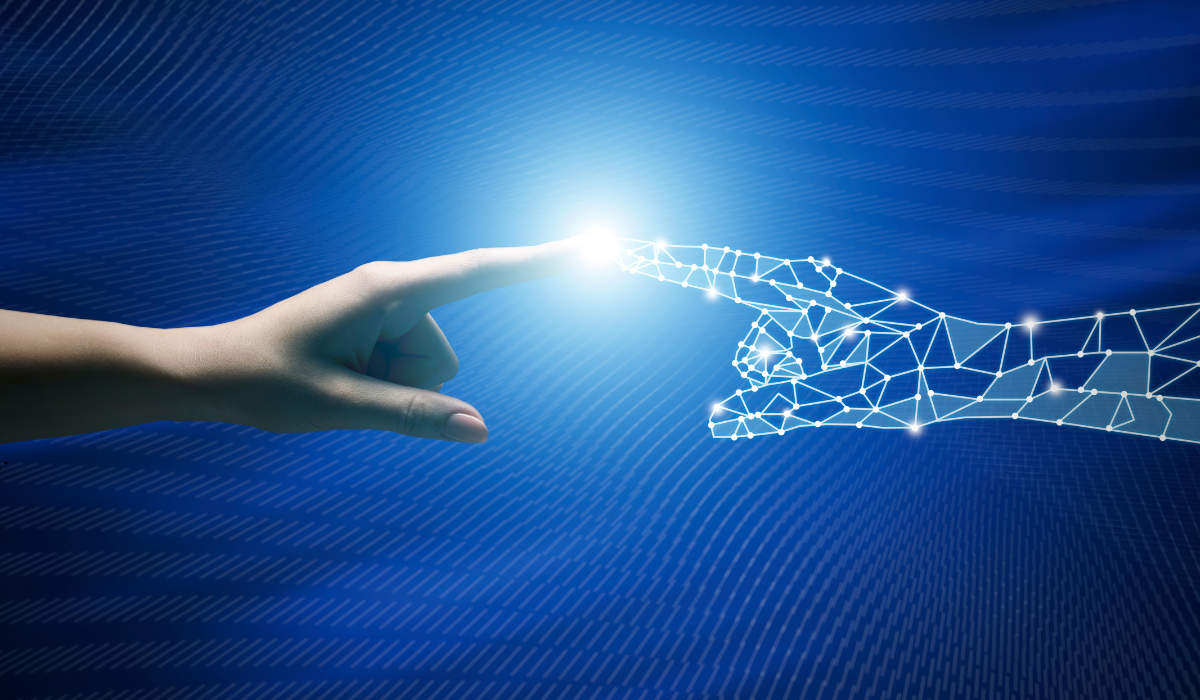The transformative potential of Artificial Intelligence (AI) is immense and can revolutionize various industries by changing the way businesses operate. Its impact is far-reaching, and the potential applications are diverse and expansive. This article will explore the Impact of AI on various industries, such as healthcare, finance, manufacturing, education, and marketing.
Healthcare
A major impact of AI can be seen in the healthcare industry. AI can help improve the accuracy of diagnosis and treatment, reduce medical errors, and enhance patient outcomes. For instance, AI-powered tools can analyze patient data to identify potential health risks and suggest personalized treatment plans. AI can also assist in drug discovery, clinical trial design, and medical imaging analysis, leading to more effective and efficient treatments. In the future, AI could even perform surgeries, taking precision to an entirely new level.
Finance
AI is transforming the finance industry by automating mundane tasks, reducing costs, and enhancing risk management. For example, AI-powered chatbots can interact with customers to provide personalized financial advice. At the same time, machine learning algorithms can analyze vast amounts of data to detect fraud, money laundering, and other financial crimes. AI can also automate investment management, reduce trading costs, and enhance portfolio optimization. As a result, the use of AI in finance is expected to grow, with more institutions adopting AI-powered solutions to stay ahead of the competition.
Manufacturing
AI can transform the manufacturing industry by improving production efficiency, reducing waste, and enhancing quality control. With AI-powered automation, manufacturers can optimize operations, reduce downtime, and improve overall productivity. AI can also predict equipment failure and maintenance needs, allowing manufacturers to schedule repairs before problems occur. Additionally, AI can analyze production data to identify areas where improvements can be made, leading to more efficient and sustainable manufacturing processes.
Education
AI already impacts the education industry by providing personalized learning experiences, improving student outcomes, and enhancing teacher efficiency. For example, AI-powered tools can analyze student performance data to identify areas where students need extra help and suggest personalized learning paths. AI can also assist teachers in grading assignments, providing feedback, and designing effective lesson plans. AI could even provide virtual teaching assistants in the future, making education more accessible and affordable for everyone.
Marketing
Digital marketing leverages multiple artificial intelligence (AI) tools to anticipate consumer behavior, optimize ad positioning, generate compelling content, and perform other tasks.
With the aid of AI, marketers can customize their processes to target consumers better based on their demographics and interests. As a result, AI can facilitate accurate segmentation, allowing for more tailored marketing content and improved conversion rates. Additionally, AI enables tracking customer engagement with various messages and facilitates A/B testing to determine the most effective strategies for reaching customers.
In conclusion, AI is set to significantly impact of AI on various industries, including healthcare, finance, manufacturing, and education. Its potential applications are vast and diverse, and the benefits of adopting AI-powered solutions are clear. However, there is also a focus on the potential risks associated with AI, including job displacement, bias, and the ethical use of AI.
AI’s impact on society & business is significant; responsible practices needed to maximize benefits, minimize risks.








